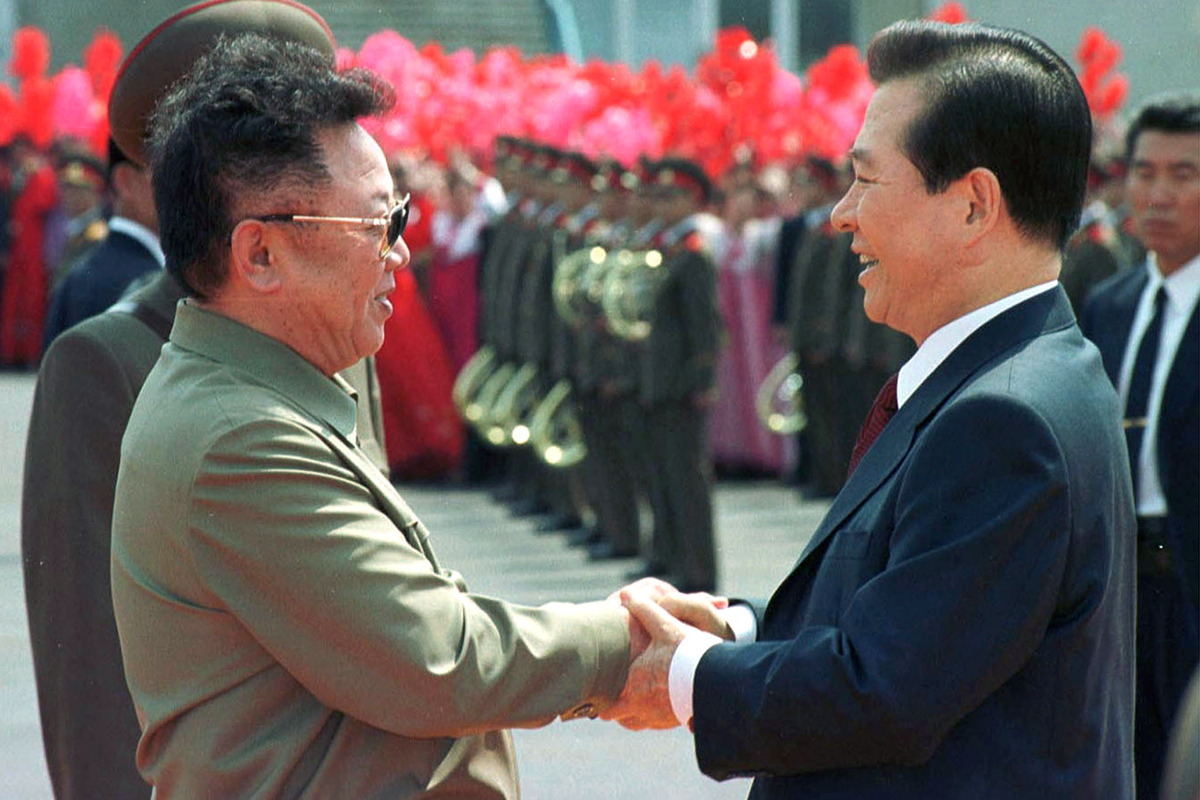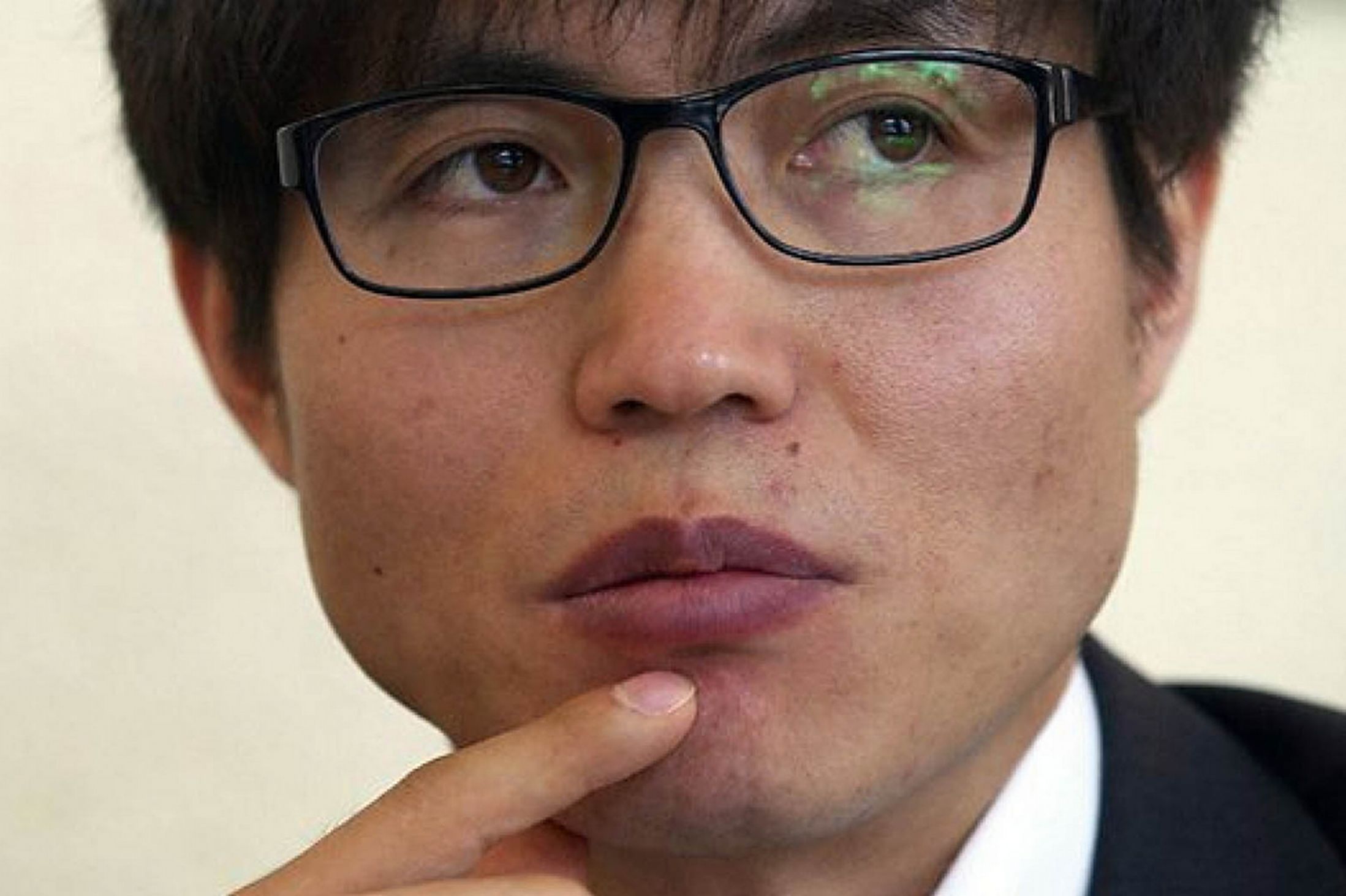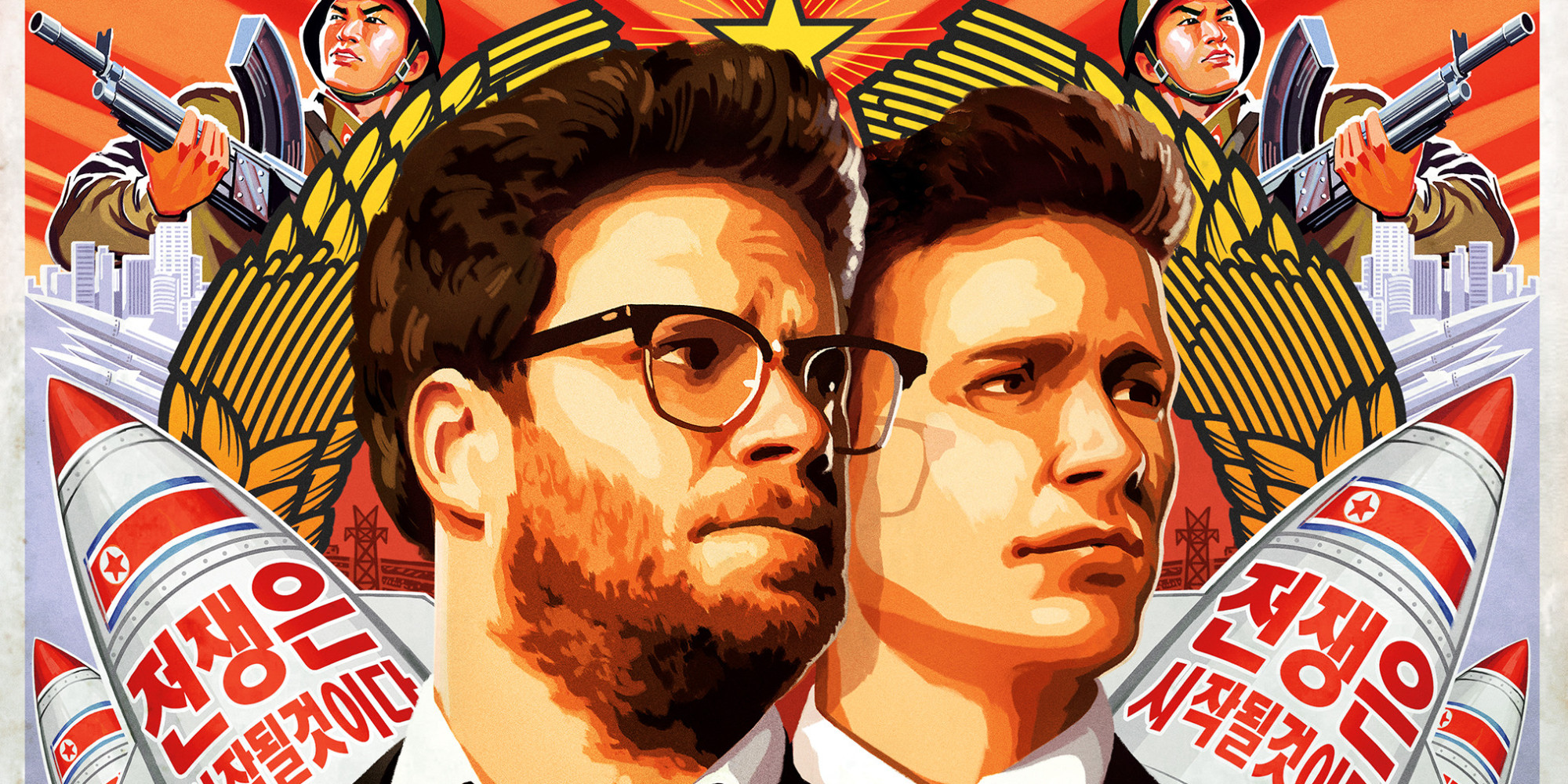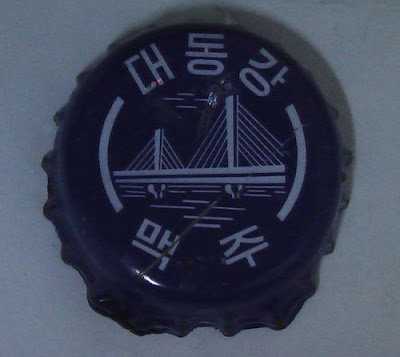North Korean defector and human rights activist Shin Dong-hyuk has recanted some of his testimony. He has admitted that aspects of the story he has told and retold about his experiences of torture and imprisonment in North Korea were wrong. Much of the testimony of defector Yeonmi Park has also been called into question.
It’s easy to see telling the truth in black and white terms: you say what’s so, or else you’re lying. But memory and truth-telling are not so simple. Before you judge Shin and Park — and certainly before you decide that all North Korean defector testimony is suspect — it’s worth looking a little more deeply into how we tell our own stories and what it means to tell the truth.
Learning to tell the truth
We assume that our concept of the truth is universal and inborn. It’s not. As Americans, we learn from a young age the importance of telling the truth, even if it’s a truth no one wants to hear or that might have negative consequences for us. That’s what the story of George Washington and the cherry tree is about. We also spend decades in school learning critical thinking skills, embedding us in a particular theory of truth where things are considered more true when we footnote our sources, read closely, show our work in math class.
North Koreans have none of that. Suki Kim has written about the difficulty of assigning her North Korean students to write essays: “Writing inevitably consisted of an endless repetition of [Kim Jong Il’s] achievements, none of which was ever verified, since they lacked the concept of backing up a claim with evidence.” She is speaking here of the intellectual elite among North Koreans. Someone like Shin Dong-hyuk, raised in North Korean prison camps, would have even less capacity for critical thinking, for sorting fact from fiction.
We also tend to imagine as universal our ideas that the truth is something independent and separate from us, and that there is moral value in knowing and admitting that independent truth, regardless of the consequences. North Koreans are raised in a culture where speaking or even knowing certain truths is dangerous.
But no one ever tells North Koreans, “Do not speak the following truths or facts.” Instead, the very concept of what is true is altered: what is true is what can be spoken, and what can be spoken is what is true. North Koreans are not trained to consider sources, whether their own empirical experience or otherwise. What’s true is what everyone says is true. That doesn’t mean truth is static or that new truths can’t ever emerge — even truths that go against the government line — but rather that truth value is increased by perceived consensus and undermined by the sense that no one else is saying the same thing.
Memory and politics
Now imagine North Koreans arriving in South Korea. They spend an initial period in isolation, being debriefed by intelligence officers (incidentally, in what one defector described as the most luxurious accommodations she’d ever experienced). They are being asked by officials in their new homeland to recall details from years or decades earlier, from their childhoods. They have no access to maps, to Wikipedia, to family photos. They can’t ask their parents what really happened. They are being asked to reconstruct everything, but memory is notoriously slippery. Events move out of order, they shift and change. (This happens to Westerners too: in my research on Korean shamanism, my main informant has had to modify her story several times, and there are certain incidents that other informants remember differently.)
Then these defectors enter South Korean society, where the political spectrum offers two main ways of thinking about North Korea. The left — still traumatized by the old right-wing dictatorship’s habit of calling every democracy protestor a North Korean spy — sees North Korea as unfairly maligned and threatened. They believe that South Korean and American militarism and provocation perpetuate the status quo on the peninsula, keeping the right in power and keeping North Korea defensive and isolated. They imagine that unilateral moves by South Korea, and especially the removal of US troops, would bring about a substantive shift in North Korea. The right sees North Korea as an unreliable negotiating partner and an ongoing military threat. They see North Korea as exacerbating tensions to manipulate the surrounding powers and perpetuate their regime, and they see the left as hopelessly naive. They also see North Korean defectors as suspect, potentially spies sent by the North Koreans to cause problems in the south.
Most North Korean defectors choose to live quietly, without engaging in political action. But for those who feel compelled to do something about the homeland and people they left behind, they must find their way within these competing narratives. The right is far more receptive to defectors than the left, and the right rewards stories that show how bad the North Korean regime is. Internationally too, stories of suffering and deprivation are good capital. They’re what we want to hear about North Korea.
But there’s more to it than that. North Korean defectors are trying to piece together coherent narratives from fragments of memory. When they arrive in the free world, they are bombarded with information they could never have accessed: satellite images of places they had mapped differently in their minds, Wikipedia entries that clarify the dates of events they remember in different order, competing accounts from other defectors that call into question particular memories. Defectors’ stories change because they are struggling to understand what is actually true and how to express it. Yeonmi Park, for example, has responded to criticisms of her changing accounts:
Much of the time, there was miscommunication because of a language barrier. I have only learned English in the last year or so, and I’m trying hard to improve every day to be a better advocate for my people. I apologize for any misunderstandings. For example, I never said that I saw executions in Hyesan. My friends’ mother was executed in a small city in central North Korea where my mother still has relatives (which is why I don’t want to name it) … Also, I apologize that there have been times when my childhood memories were not perfect, like how long my father was sentenced to prison. Now I am checking with my mom and others to correct everything.
What’s told and what’s true
So does all this mean that we can’t believe North Korean defectors?
No. What it means is that we should be careful not to take any one personal narrative as the solid, documented, verified truth. Each defector is a human being. Some human beings are more honest than others, some have better memories. Some, like Shin Dong-hyuk, keep secrets.
We should also be careful not to trust critiques too quickly. The Diplomat got a number of its facts wrong in trying to show that Yeonmi Park got her facts wrong. Nor are defectors the only ones with political agendas. Soft-pedaling North Korea’s human rights record — saying it’s not as bad as has been reported, holding up the human rights shortcomings of other nations in comparison — serves particular agendas.
What we can trust is the weight of testimony from hundreds or thousands of defectors. For example, the UN report on North Korean human rights violations relied on the testimony of 80 witnesses. When defector after defector describes the harrowing conditions of detention and torture in similar terms, it becomes less important whether this one was tortured at age 13 or age 20, whether that one saw an execution in one town or another.
What matters is that defector after defector talks about fear, imprisonment, starvation, beatings, executions. These are not fantasies, and they’re not a grand plot by South Korea’s intelligence services, and they’re not a trick of the American military-industrial complex to keep Northeast Asia in a state of war. We can see satellite images of prison camps. We can see the scars on Shin Dong-hyuk’s body.







